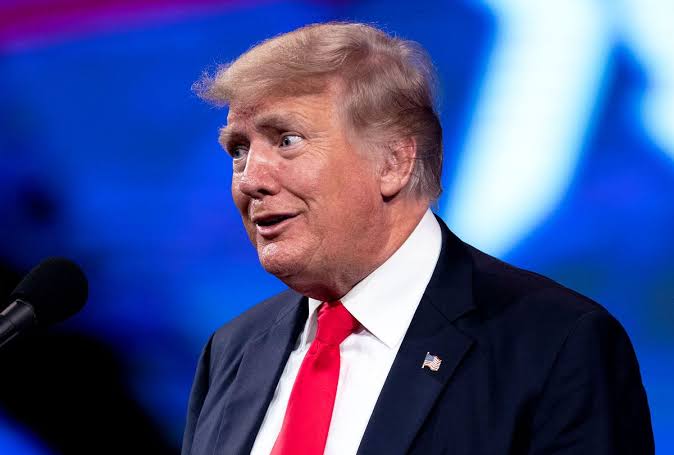The National News
Another court case divides America, but nobody is asking the question that matters most
Imagine a 17-year-old black teenager in the US taking up an assault rifle and travelling to a neighbouring state. He joins vigilantes claiming to protect property during contentious street protests. The black teenager shoots two protesters dead and wounds a third, but a jury finds him not guilty of any offence.
That, more or less, is the story of Kyle Rittenhouse, now aged 18, but with one big difference. Mr Rittenhouse is white. His victims were supporters of Black Lives Matter. And the local police, in an area where in 2020 an officer shot dead a black man, Jacob Blake, in the back, were very accommodating towards Mr Rittenhouse and those armed white vigilantes.
Would a black teenager have been acquitted of the killings? President Joe Biden said it is necessary to “acknowledge that the jury has spoken” in acquitting Mr Rittenhouse, but he also noted something very disturbing about the verdict, which re-opens America’s many unhealed wounds. Slavery, the Civil War, the civil rights protests of the 1960s, the Rodney King beating case of the 1990s and the Black Lives Matter protests of the 2020s are not past history. They are part of today’s “dis-United States”, and what we now call “Culture Wars,” those differences of opinion in which the gulf between Americans is less about resolving policy disputes than about entrenched ideology, and contradictory values, practices and beliefs.
American politics is often a blood sport. But even in the contentious Nixon or Reagan eras of the 1970s and 80s, Democrats and Republicans often co-operated. Constitutional democracies can only function if political leaders go beyond the written words of the constitution and observe at least some norms of civil behaviour.
Republican President Ronald Reagan had no more wily a political foe than Democratic Speaker of the House of Representatives Tip O’Neill. O’Neill called Reagan a “cheerleader for selfishness”. But, as O’Neill’s successor as Speaker, Tom Foley, once proudly told me, O’Neill and Reagan were both (like Foley himself) fundamentally good-natured Irish Americans, patriots for whom political hostilities ended at sundown, at which time they would often share a drink. Reagan once famously said, “Tip, you and I are political enemies only until six o’clock. It’s four o’clock now. Can we pretend it is six o’clock?”
Both men recognised the art of compromise is important in the US system of governance. But by the 1990s something changed. One example is the Republican Whip (and later Speaker of the House of Representatives) Newt Gingrich, who personified…


